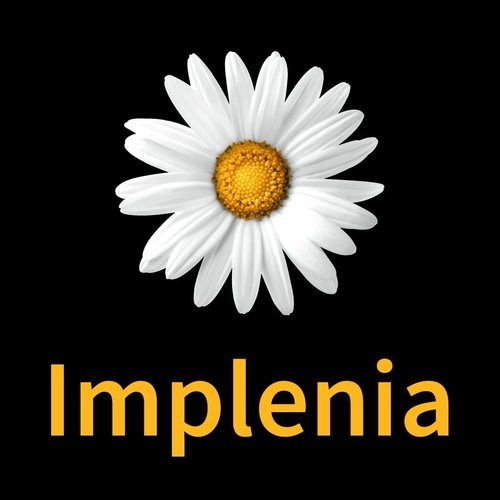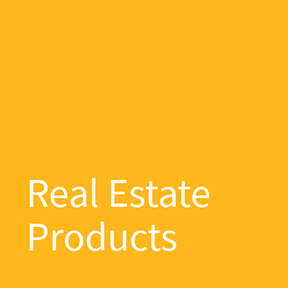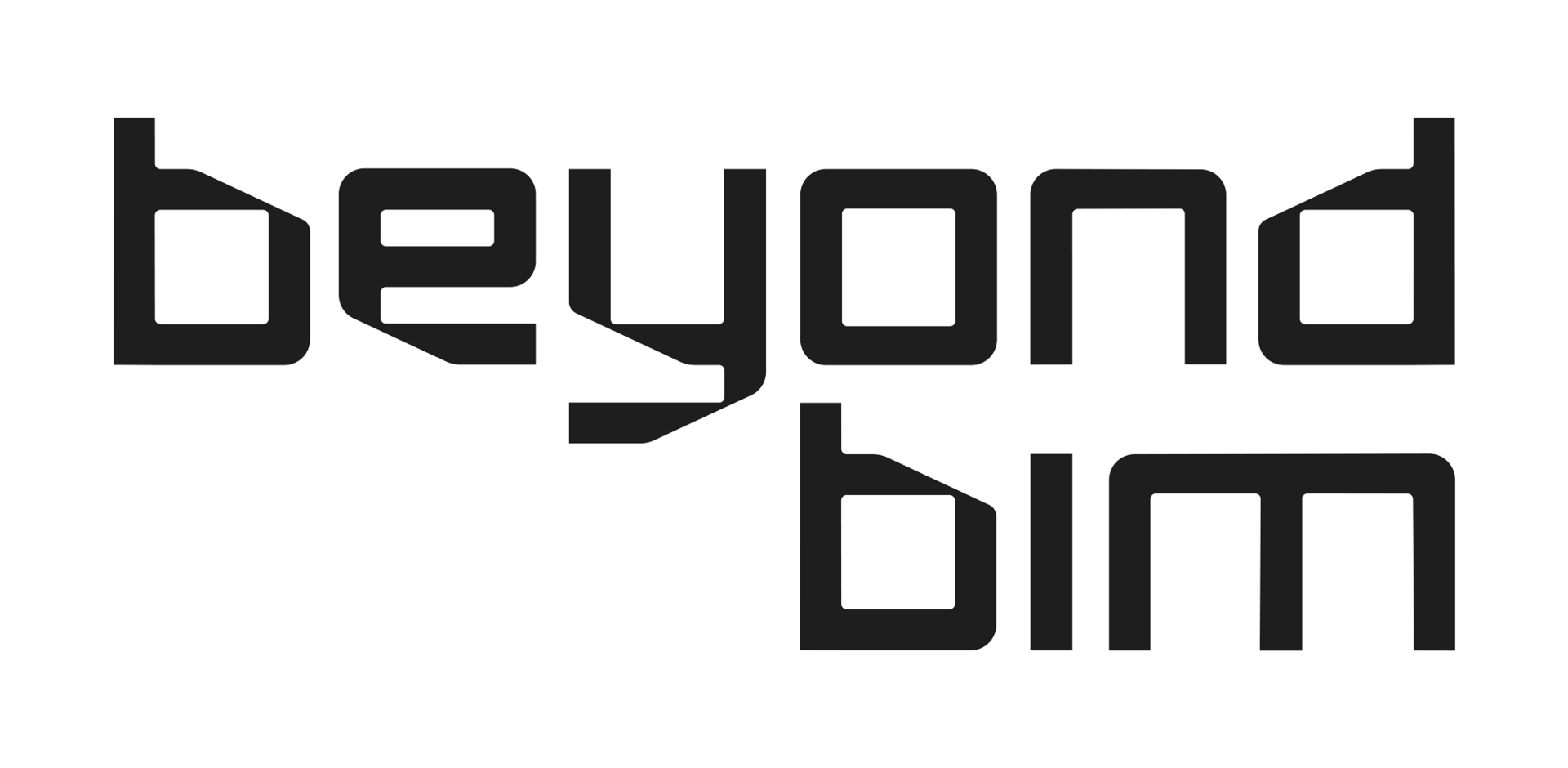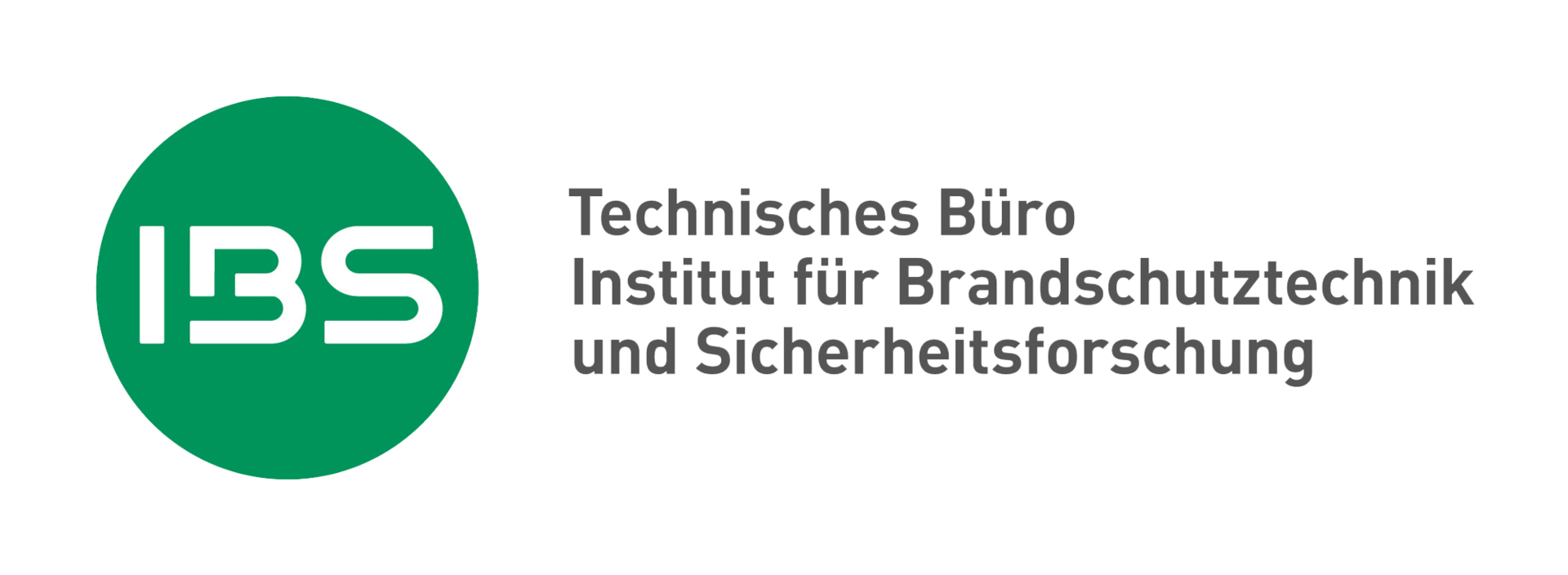
Sustainability and efficiency under one roof
Green Hospitality
As a recognized expert for timber construction Implenia launched its first approved modular prototype of a timber hotel room. The room has been built off-site in a factory and is suitable for a five-star hotel brand. Modular construction of hotel rooms is a very appealing economic model. Building 80% of a hotel in a factory environment means less waste and reduced construction time, allowing earlier revenue and cashflow for developers and operators.
Modular Construction means predictable costs and a faster hotel opening
Modular construction and Industrial production

- Up to 80% of the hotel is configured and prefabricated from repetitive room elements, allowing predictable costs, production and construction time
- Shorter construction phase leads to faster hotel opening and quicker return on investment
- Potential time savings of construction delivery up to 50% as most of the work is made in a factory while sitework and foundations are simultaneously performed on the site
- Initial investment on a standardized hotel solution curbs recurring costs in future projects
- Prefabrication and standardized production allows purchase of larger quantities for lower unit price
- Higher product quality as all critical phases are built in controlled factory environment
- Less waste and easier waste management and recycling compared to on-site construction
Modular Construction creates advantages that pay off
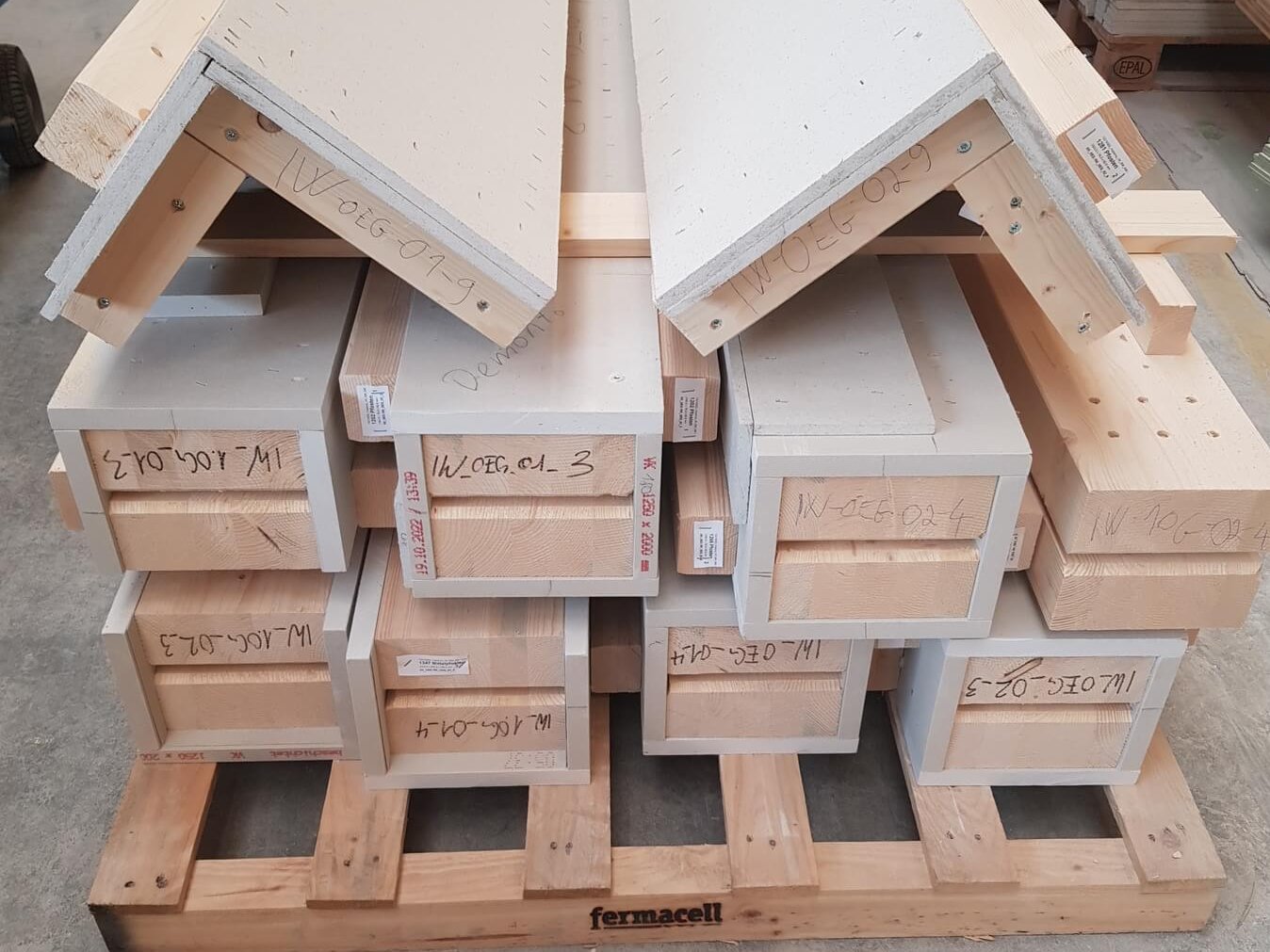
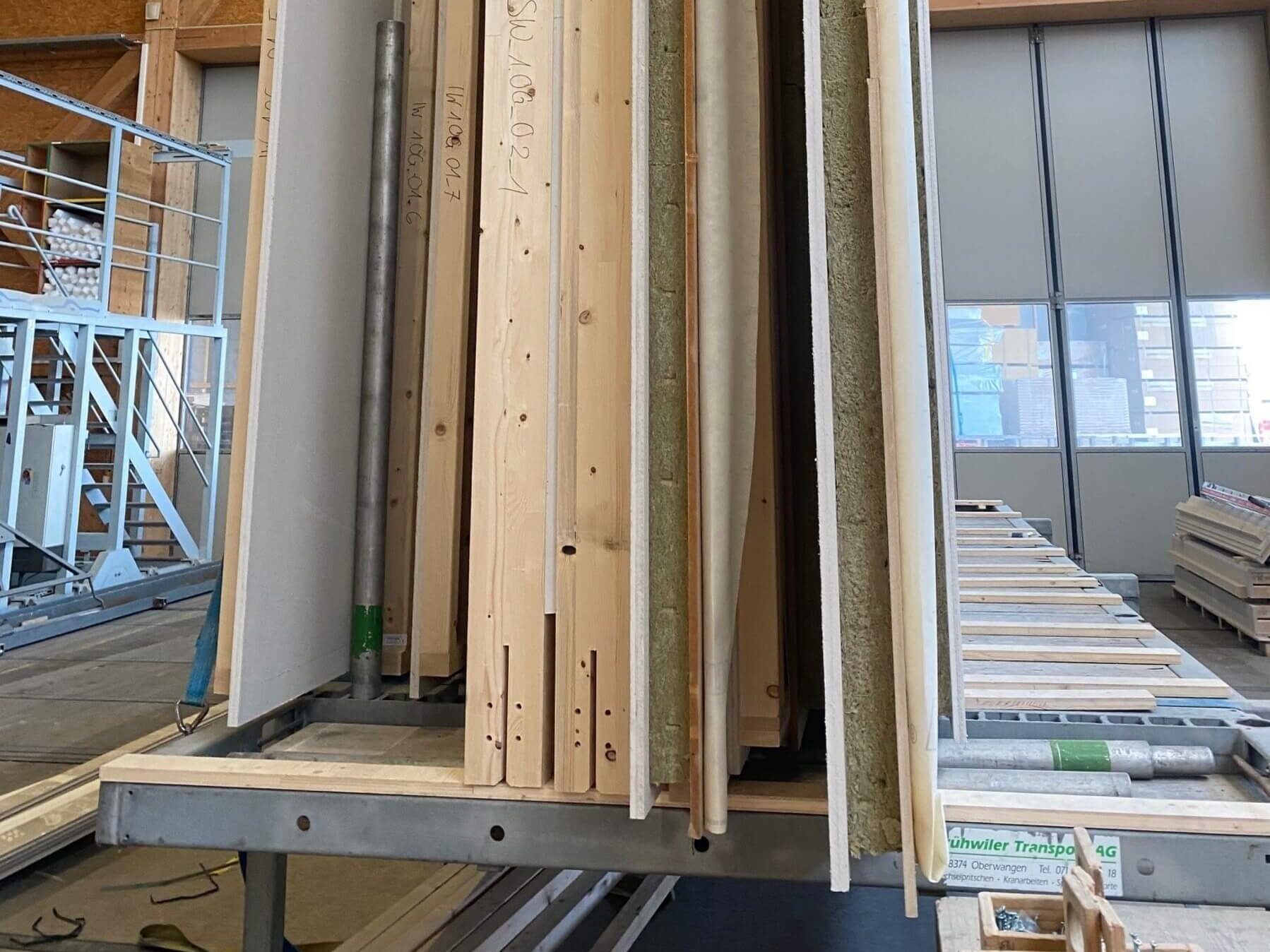
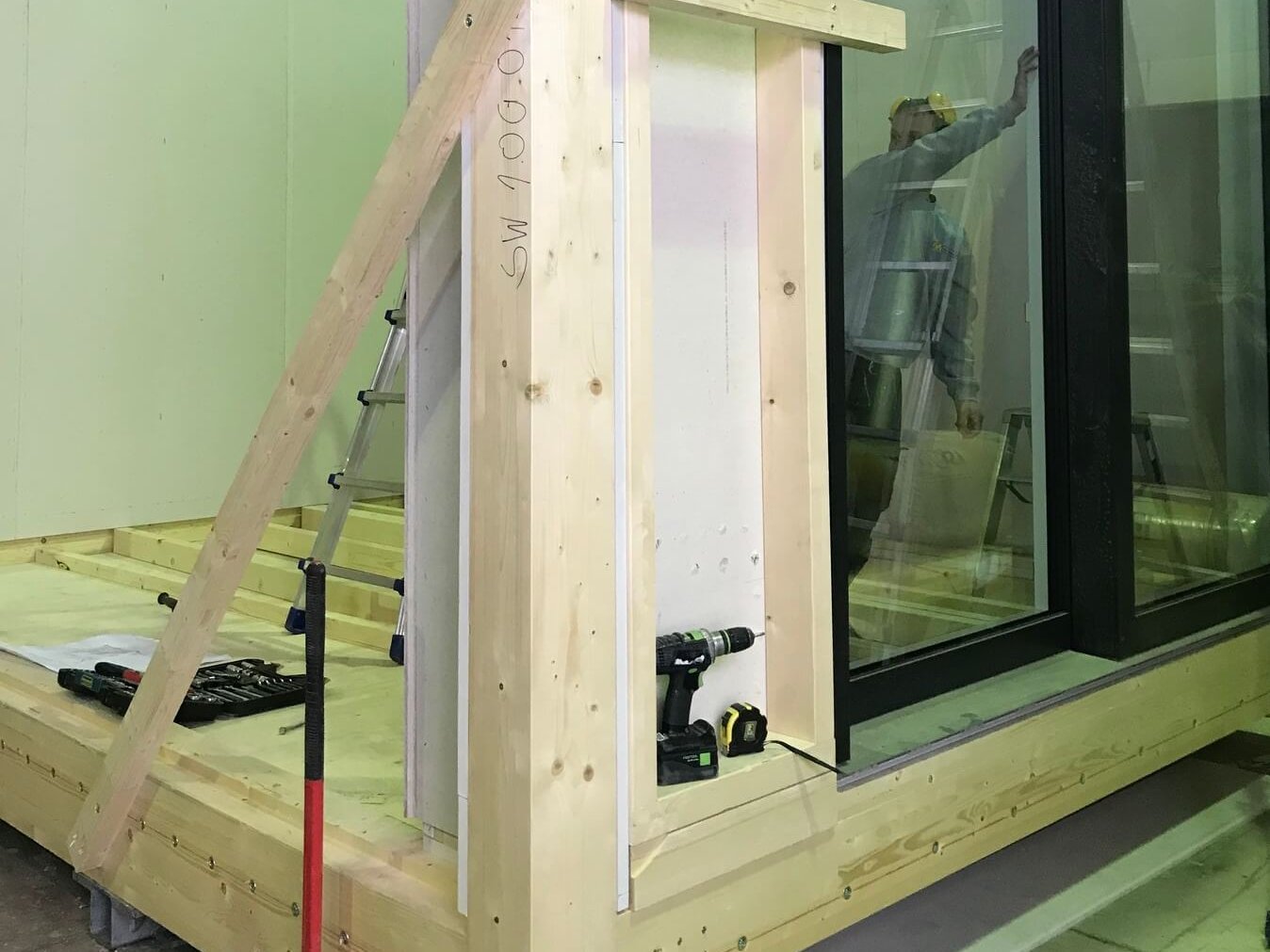



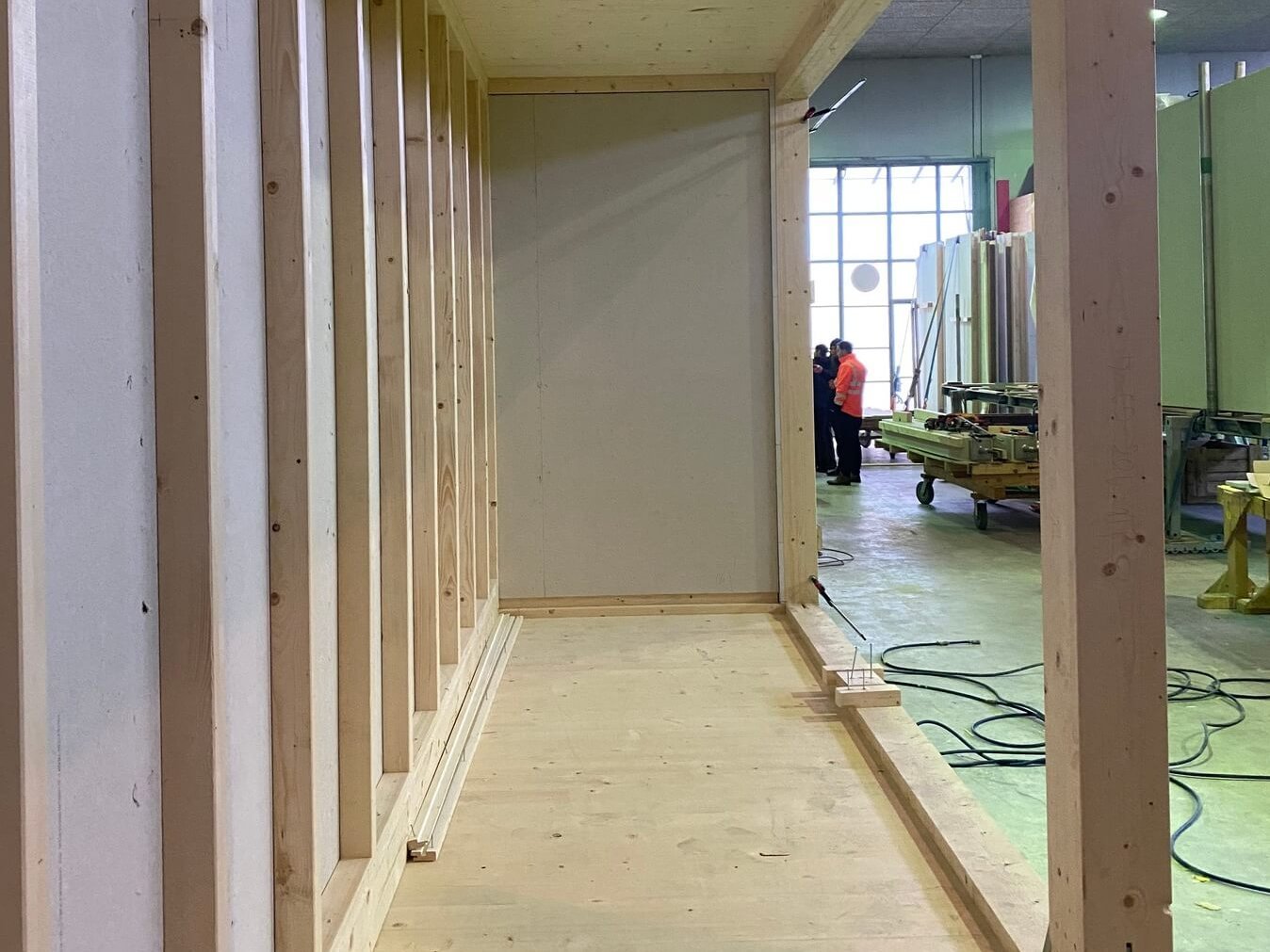
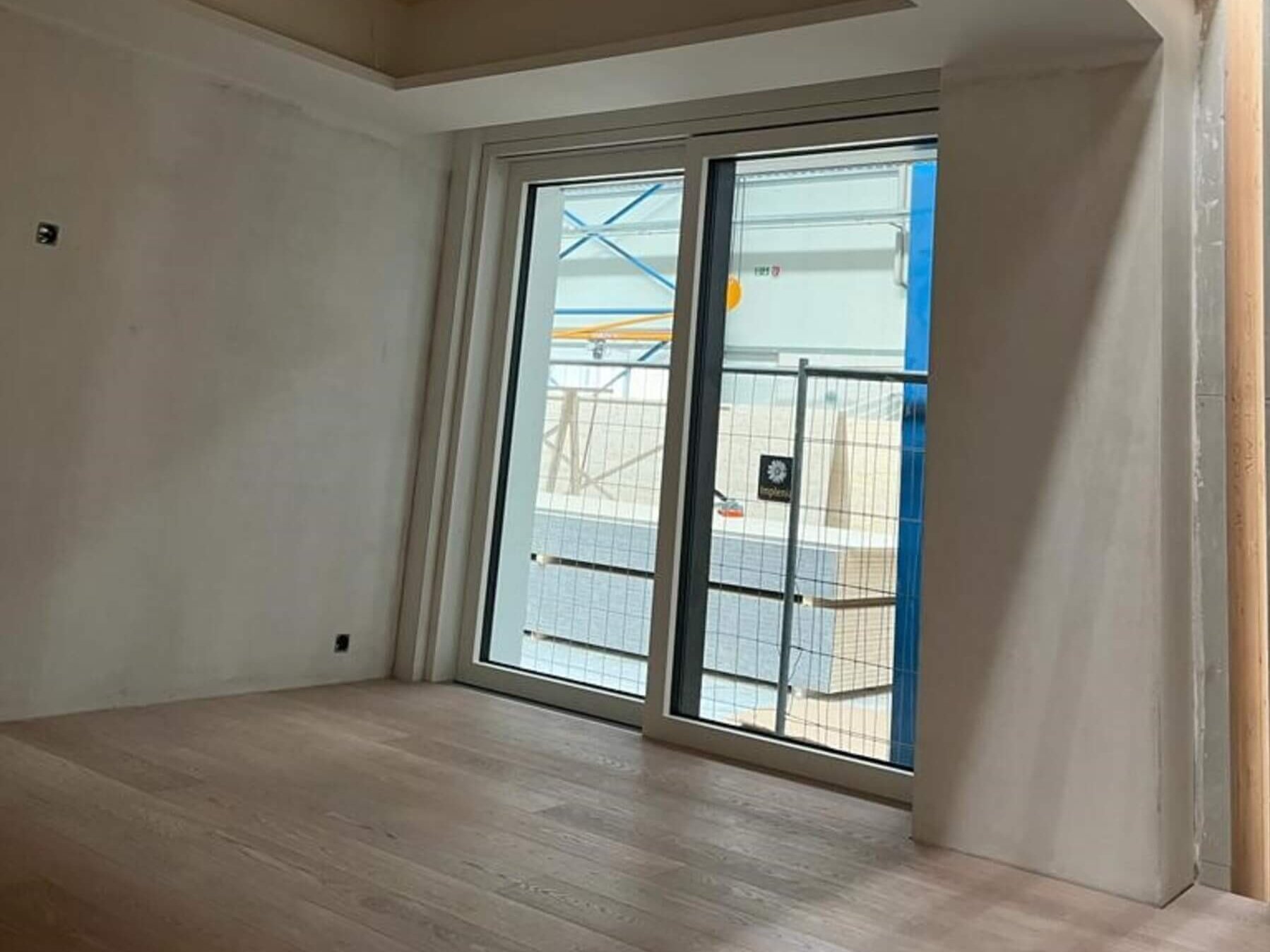
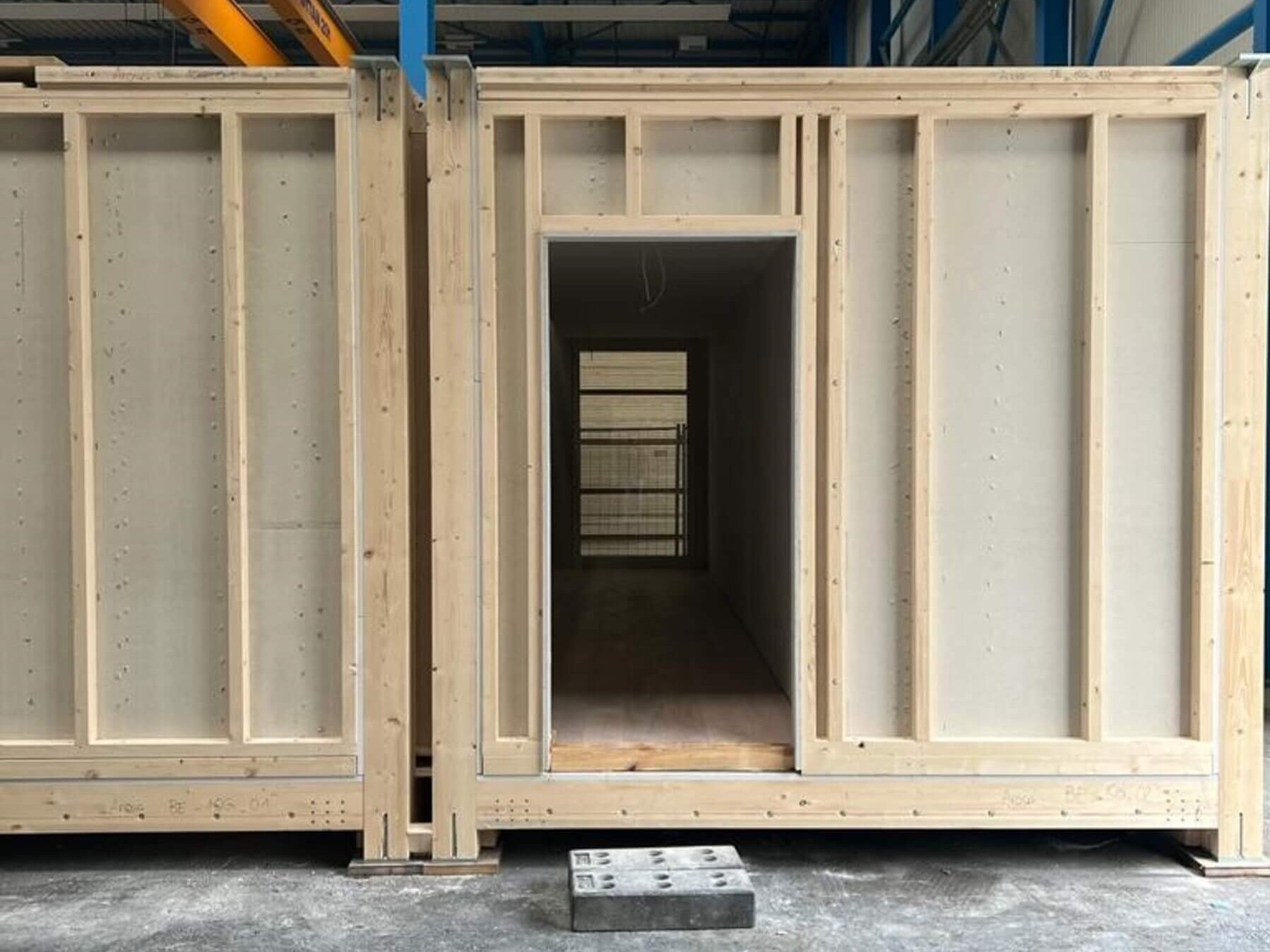

Schedule compression
In times of rising costs, material shortage and lengthy construction times Green Hospitality provides price certainty, a stable supply chain and shorter time to building.
Adaptable to changing needs
The module design allows flexible floor layout for future building repurposing, expansion or customization for varying appearances, project locations and building sizes.
A hotel room made of timber is more sustainable
Timber and Sustainability
A low-carbon footprint and a high degree of circularity create measurable ecological and economic benefits
- Green Hospitality is optimized with respect to flexibility in use, renewable materials, the separability of modules, elements and material layers and thus a high degree of reusability
- The circularity index of a standard room is 79%, reaching a reusability and recyclability potential of 76% of all materials
- A standard room module reaches an embodied carbon value of 4 kg CO2e/m2a and consists thanks to its timber structure of 35% renewable materials
- With an input of 13.4 m3 of timber the biogenic storage capacity (CO2-sink) of standard room reaches 8’180 kg CO2e (5.8 kgCO2e/m2a). This corresponds to around 9 flights from Zurich to New York
- A 30% lower construction weight of timber leads to a lower concrete and steel input on the level of the foundation and basement
- Green Hospitality can easily compete with ambitious sustainability benchmarks on the level of comfort, CO2, circularity and hazardous substances
0
Emboided carbon (kgCO2e/m2a)
0
Circularity index (%)
0
Biogenic storage (kgCO2e/m2a)
0
Reusability and recyclability potential (%)
Fit to meet ESG benchmarks
In the context of climate change and finite natural resources, Green Hospitality provides investors and end-customers with a future-proven solution that is optimized for an entire life-cycle and beyond.
Green Hospitality has been developed for people and planet alike and offers an environmentally friendly and socially responsible real estate solution meeting ambitious benchmarks.
A hotel that is helpful for guests and staff
Smart Hotel Operations and Guest Experience

- Room connects with common hotel systems and building management systems
- Heating is automatically reduced or increased depending on room booking status. More than 20% increase in energy efficiency due to room automation and smart interfaces
- Sensors for CO2, humidity and temperature control ventilation in real-time. When guest is absent, the ventilation is automatically reduced and light is switched off
- About 20% time saving on cleaning because cleaners know which rooms are unoccupied. Optimized cleaning shifts can amount to savings of more than Fr. 30'000 per year (hotel of 200 rooms)
- Guests do not get disturbed by hotel staff
- Photovoltaic (PV) energy production is visually displayed and part of the in-room guest experience. Guests know when they are consuming solar power in their room
Data and smart interfaces help hotels save money and energy
Make better decisions faster
Green Hospitality leverages sensors, real-time data and automation to solve hotel operators and investors biggest pain points, ranging from energy costs, operational efficiency, and creating a unique guest experience.
For this the connected hotel room interacts with guests, staff and hotel systems. Using real-time data the room allows for demand-driven ventilation, lightning and occupancy-based energy management. Real-time data help to take better decisions, for example to optimize cleaning shifts and maintenance workflows.
Creating a Green Hospitality guest experience
By visualizing towards the guest that the PV system provides power, the room creates a green guest experience that helps hotel operators to build a strong relationship with guests who value sustainable consumption and eco-conscious behavior.
The feature allows hotel operators to engage their guests with a personalized experience about the buildings ability to reduce environmental impact. For instance, guests may receive rewards and vouchers for discounted hotel services for the time that the PV system has supplied their room with PV energy.
Automated Hotel Configurator to generate an optimized solution in minutes
Configurator
The hotel Configurator makes easy to quickly generate a hotel layout based on a predefined product design, allowing the user to assess the feasibility of the project. It generates an optimal solution that maximizes efficiency and compactness, while ensuring all assigned requirements are met.
The real-time performance preview, circularity assessment and quantities report, together with the generation of the 3D BIM model, enable a richer level of collaboration, including more advantageous decisions, which can occur earlier in the design process.
Key advantages
- Automated design of multiple building layouts according to the predefined product design
- Identification of the optimal solution based on environmental factors, compactness and standardisation indexes.
- Fast generation of a BIM model and performance report, containing quantities and circularity assessment of the saved configuration.
Process to design a project
The development of the modular hotel room prototoype has been supported by the following partners

Alternatively, the business card is available for download. Download VCF-Card
